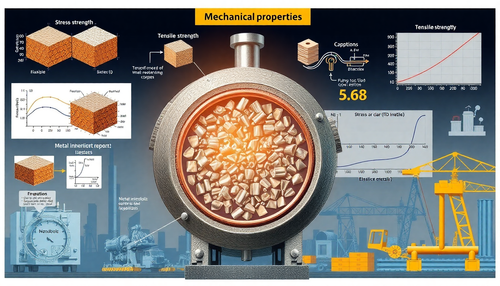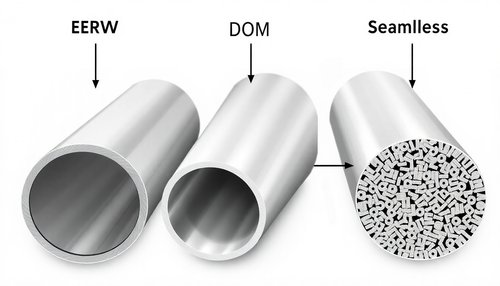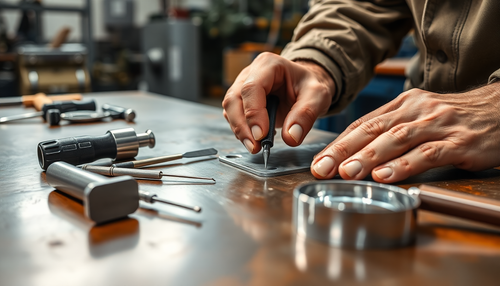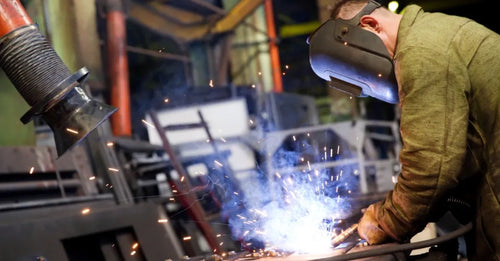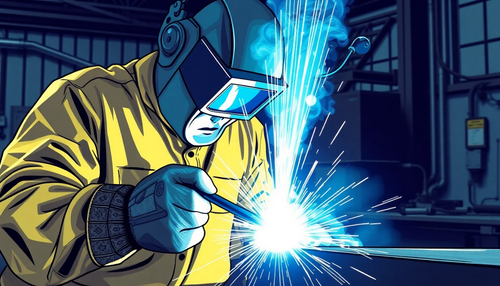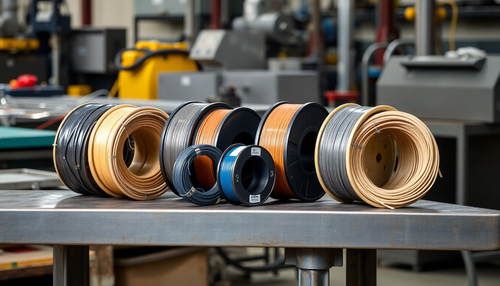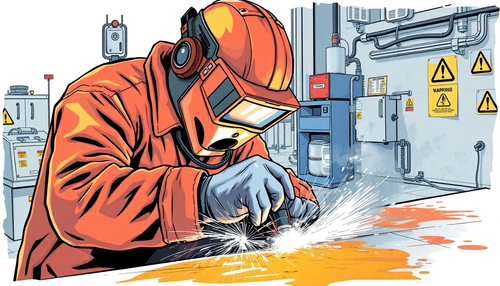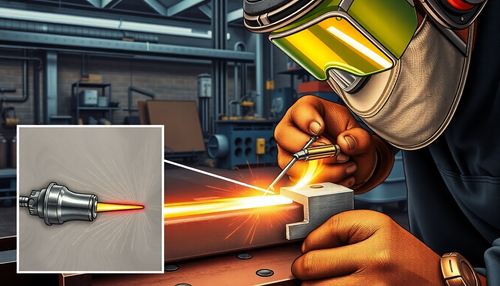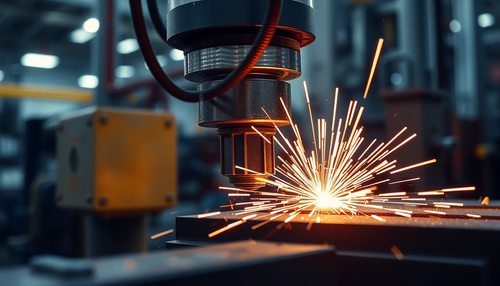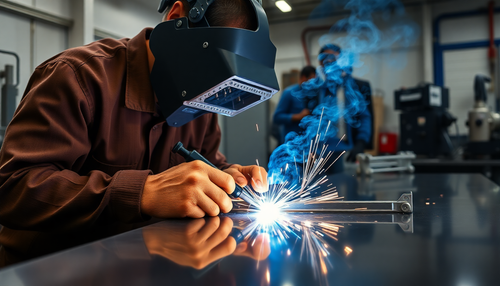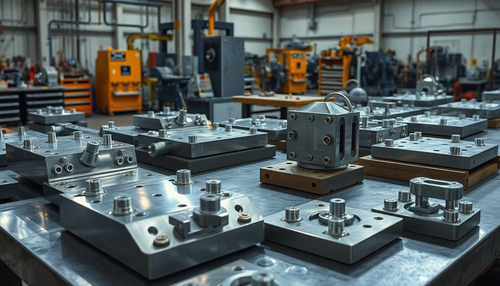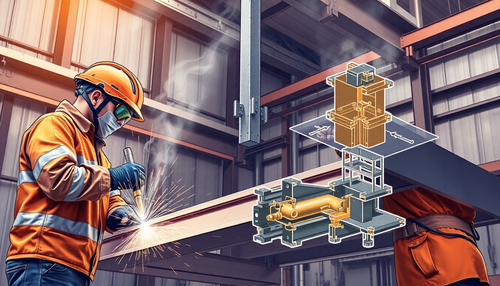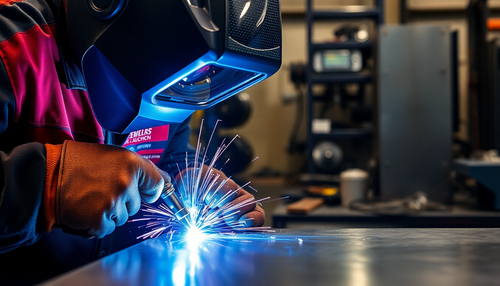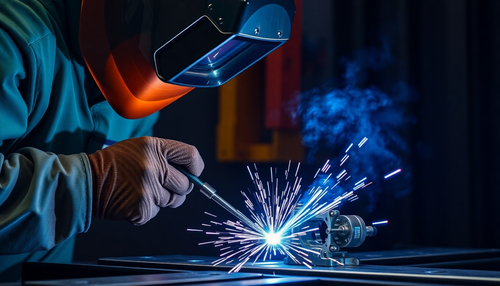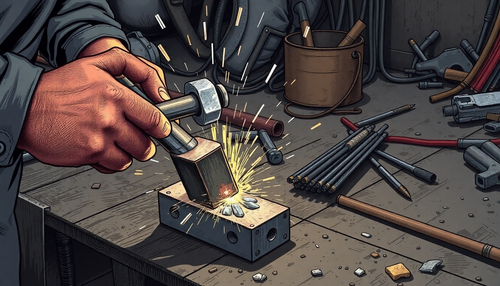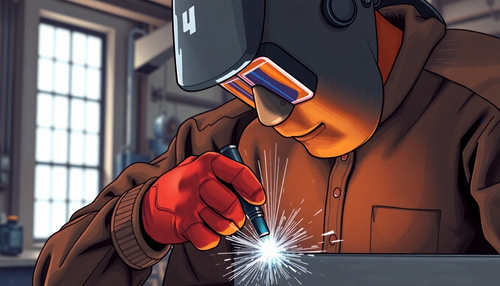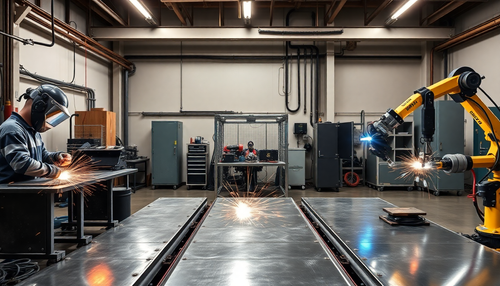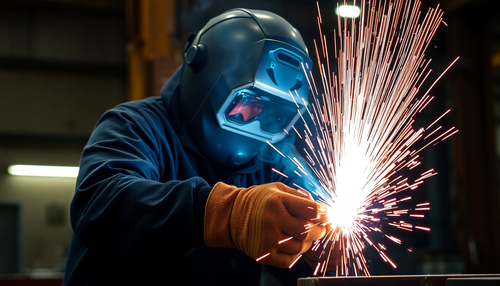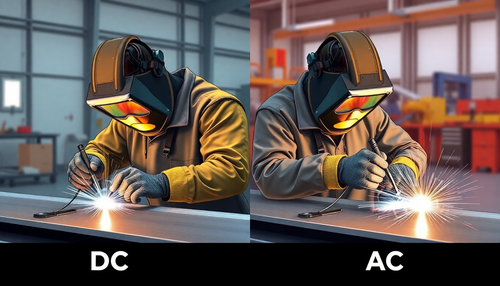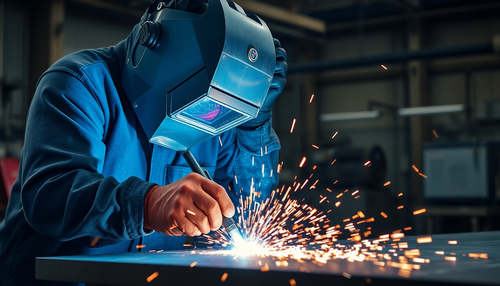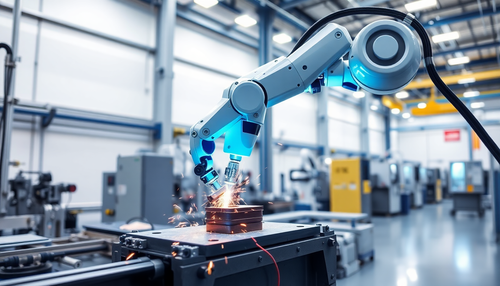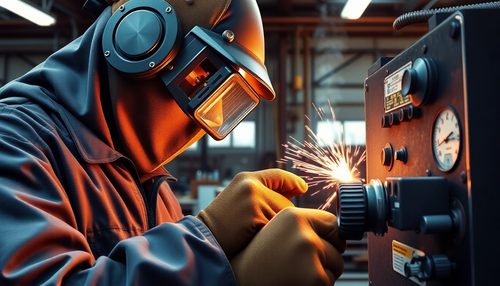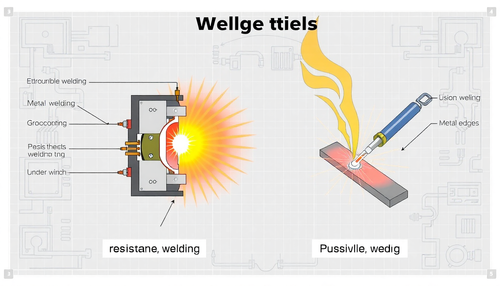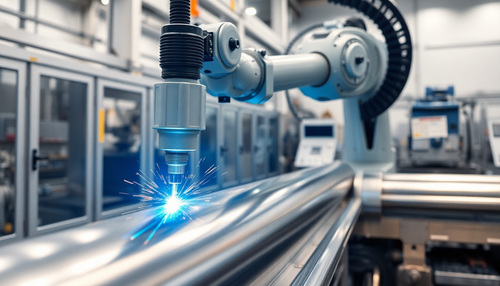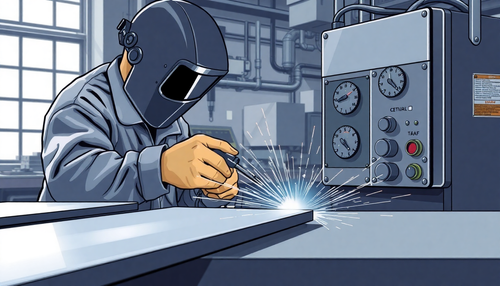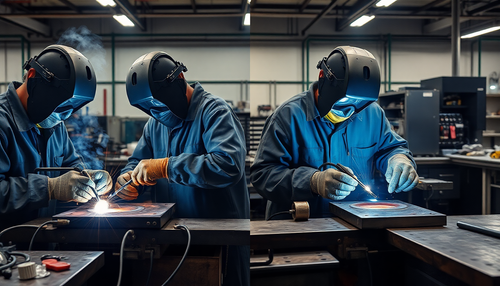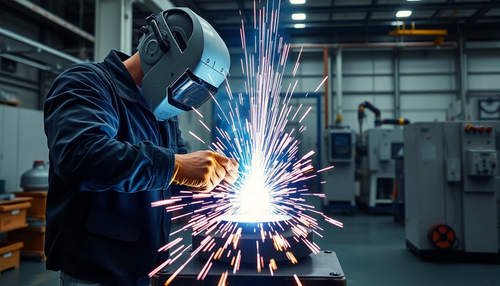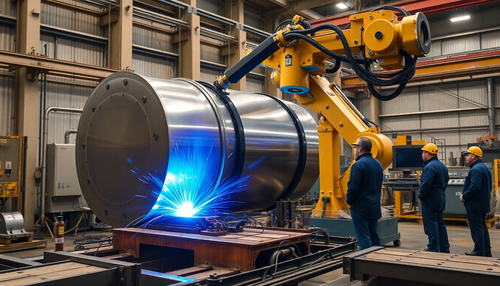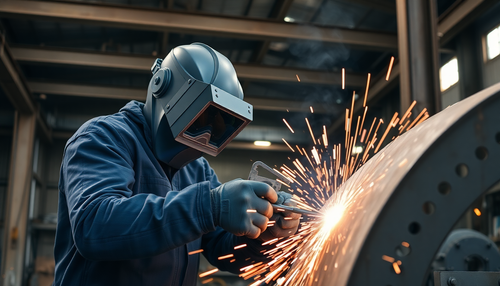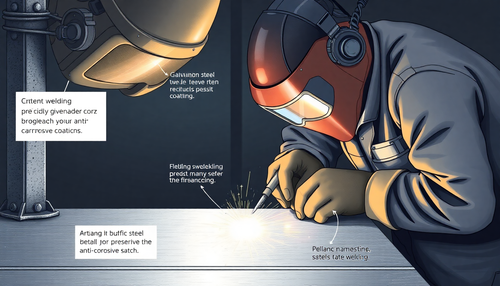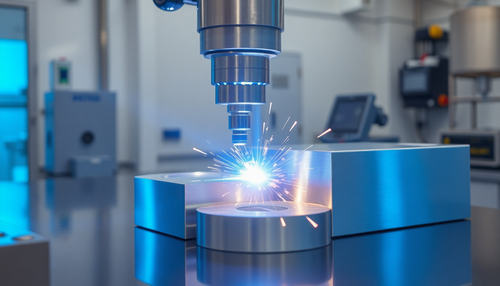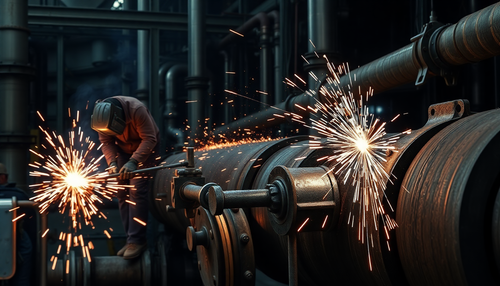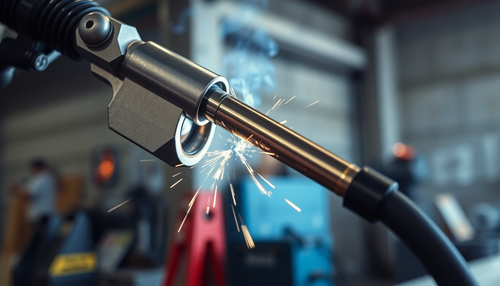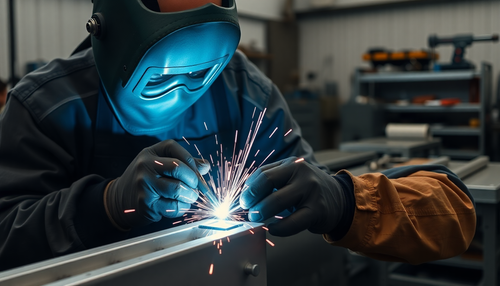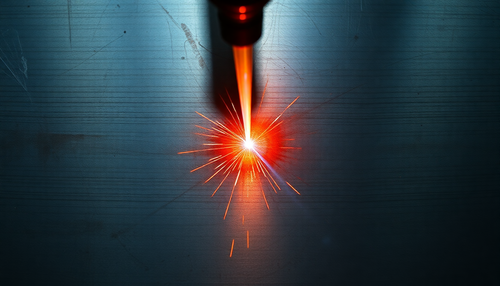Many young people feel a sense of frustration and dissatisfaction, believing they have no choice but to accept their circumstances, unable to surpass their elders.
In the mechanical industry, there is a well-known rule that “the older, the more valuable”. Whether you recognize this rule or not, the reality is that top technical departments and roles in companies are dominated by seasoned veterans. They not only perform essential functions but also control most of the company's resources. This leaves many young professionals without opportunities for advancement, unable to see a future or a path forward.
Let's analyze the reasons behind this situation. Understanding cause and effect is crucial to recognizing gaps and finding solutions.

Failures in Corporate Training Mechanisms
Despite being in the so-called Industry 4.0 era, the mechanisms for training mechanical engineers have not evolved significantly. Regardless of whether it is a traditional state-owned company, a modern private company or a foreign company considered a reference in the sector, the training of new engineers still depends heavily on the old “master-apprentice” method, lacking a systematic and scientific approach. .
Furthermore, if a mentor intentionally withholds knowledge, it becomes even more difficult for a newcomer to excel in this area. They may never get the chance to shine. The saying “a master leads, but it is up to the individual to follow him” sometimes seems like a commonplace. Without a mentor willing to share crucial industry knowledge, personal effort alone can leave someone facing greater challenges without guidance.
It is often said that “all roads lead to Rome” and, although theoretically true, this ignores the time factor. Time is infinite, but our personal time is not. What could be taught in a moment by a mentor can take the individual on an endless journey of learning difficulties. One may eventually reach “Rome” through personal effort, but it may be too late for it to matter.
There is an unfortunate trend in the fields of science and engineering, similar to the saying “scholars look down on each other.” This attitude exists here too, not only in the form of mutual disdain, but also in the fear of “training an apprentice to starve the master.” This results in communication barriers and reluctance in the training phases. On the one hand, mentors may not be willing to fully educate their mentees and, on the other, mentees may underestimate their mentors, failing to show due respect. This is one of the reasons why young professionals struggle to advance while veterans remain indispensable.
However, there are exceptions. My personal experience is one of these cases. My mentor was incredibly supportive, sharing knowledge generously on both technical and personal issues. I have respected and appreciated him for over a decade. Even though we no longer work together, I still visit him every Mid-Autumn Festival and Spring Festival, showing my respect like a student should.
As mechanical design engineers, we may not be able to immediately change the “old leading the new” technical transfer system, but we can still make the most of it. In a society built on relationships, getting the personal aspect right often leads to everything else falling into place. Otherwise, you will find yourself envious as you watch the older generation enjoy their successes, while at the same time feeling helpless despite your potential.
Snipers are forged with bullets
“Snipers are forged through bullets,” a phrase I remember from a movie, aptly applies to mechanical design engineers, especially exceptional ones, who are essentially “nourished” through financial investment.
An excellent mechanical design engineer develops their design capabilities and thought processes through a multitude of diverse design projects. It is on these projects that they refine their skills and techniques, learning from successes and failures, and eventually crafting their unique design philosophy. The axis of these design projects is, ultimately, financing. This underlines the principle that a mechanical engineer's ability is proportional to the financial investment in his work.
Experience, not age, determines an engineer's value. Engineers with a rich project history are more valuable than those who do not. Age simply facilitates more opportunities for involvement in design projects. Without project support, decades in the industry do not equate to significant utility or value.
Mechanical design projects, from market research to conceptualization, production, refinement and finally market launch, encompass a time-consuming process. A significant project can last years, during which an engineer evolves from a naive young man to a mature professional. As time strips away youth and vigor, it compensates by enriching technical skills and abilities, establishing the foundations of knowledge and capital on which experienced engineers rely for their value.
If your company offers countless opportunities to get involved and lead projects, value them. Leveraging company resources to develop personal capabilities is a rare opportunity. Don't worry too much about the success or failure of these projects. All experiences, including failures, are part of the company's investment and can be a form of success for your personal development, as they guarantee that you will not make the same mistakes again. This experience is invaluable.
This is why I often encourage young professionals to join startups or smaller companies. They offer abundant opportunities to engage in various design projects and trial-and-error platforms, fostering personal capabilities and wisdom.
Personally, I have been involved in and led the design of over 50 products. For many engineers at state-owned companies, reaching this number is unlikely. They often oversee mature products that dominate market shares but offer limited scope for design and innovation. This makes it difficult to develop a mechanical engineer's soft skills. Without project experience, its practical value remains unexplored.
Talent determines how far you go
I have been hesitant to say this, but mechanical engineering is indeed a profession where natural talent plays a crucial role. Many people inherently have a knack for dealing with mechanical structures. Among the newcomers I mentored, one stood out notably. With just a little guidance, he could produce surprisingly creative designs, especially in structural handling, often producing unexpected results that impressed me. However, some individuals seem notably less skilled, at least in mechanical design, making it difficult for me to see their potential in this field.
Receptivity is a two-way street, encompassing both the mentor's guidance and the mentee's willingness to learn and understand. While communication skills can be developed over time, innate talent in this area can significantly accelerate a career. No one prefers to interact with those who have difficulty understanding concepts; Communicating with these people requires infinite patience and tolerance, a trait that not everyone possesses.
Especially in a position of advantage, it is easy to get rid of less capable individuals, as there is no personal loss. This can prevent young professionals from quickly acquiring industry experience and technical knowledge, seemingly delaying their opportunity to shine.
I advise every newbie to evaluate their intuitive understanding of the field. This intuition is not necessarily linked to intelligence; you may simply not be suited for this industry. In this case, it is better to change careers early. You deserve to find the right fit.
Previously, I have always encouraged newcomers, especially those who find it challenging to pursue a career in this sector. I told them that with hard work there is always hope. Deep down, I didn't fully believe this, but I avoided discouraging them, as every young person needs encouragement. I couldn't dampen their spirits. However, today, I apologize for my previous statements. For those who feel out of place in this industry, if you find design or drawing challenging, consider changing fields. Don't limit yourself to one option or give up the entire forest because of one crooked tree.
Furthermore, this industry requires not only talent but also years of perseverance to achieve a state of relative freedom. The accumulation phase in mechanical engineering is considerably longer than in areas such as IT. While IT may promise a tough today and tomorrow but a bright future, mechanical engineering can be a relentless challenge for years before yielding rewarding results. Consider whether you have the patience and time to endure this wait.
The platform determines the experience
An engineer's value stems from their professional experiences, especially the project-based experiences I mentioned earlier, rather than the length of their career. Therefore, when starting a job, it is essential to understand the platform you are joining. Assess whether this job platform can provide sufficient support for the project, offer adequate resources for trial and error, and allow enough room for growth.
Many companies tend to lag behind in product innovation and research and development projects, focusing more on optimizing and updating existing products rather than continually introducing new ones. While these companies may have a rich technical heritage, they do not contribute significantly to improving people skills. As a soldier in the mechanical industry, you need to be on the front lines, hearing the gunshots and participating in battles to achieve your own glory.
In this field, very few become true technical experts, since the real project resources are always monopolized by a select few. Only they can fully leverage the company's resources to improve their skills and use these skills to influence the company's personnel policies and increase their own marketability and value. Your goal should be to become one of these influential individuals.
If you intend to become valuable in the mechanical industry, the key is not to wait decades to accumulate experience, but rather to get involved in as many technical projects as possible in the shortest possible time. These experiences are what will increase your self-esteem and ultimately allow you to realize that worth. Older engineers, still active in the field, simply had more experiences and opportunities of this type. While some may have actively sought these experiences, I believe most achieved them passively. However, as a young professional, you have the option to actively pursue these opportunities.


